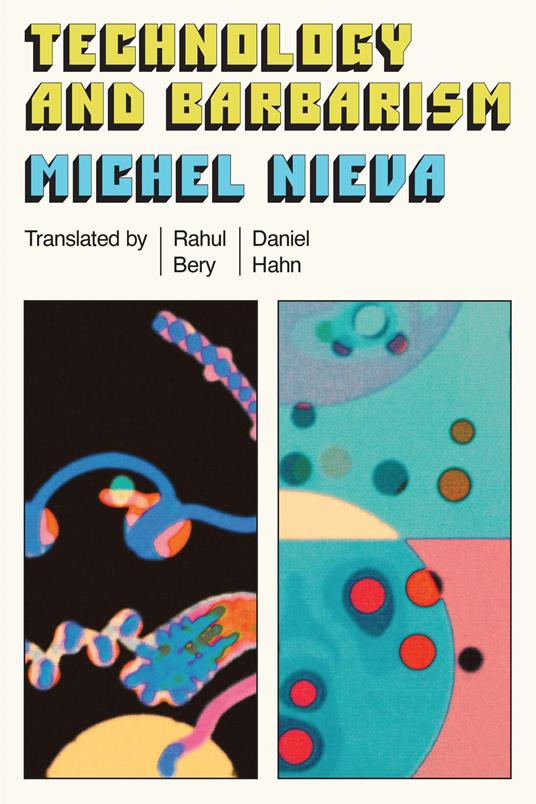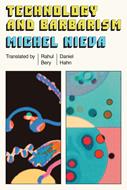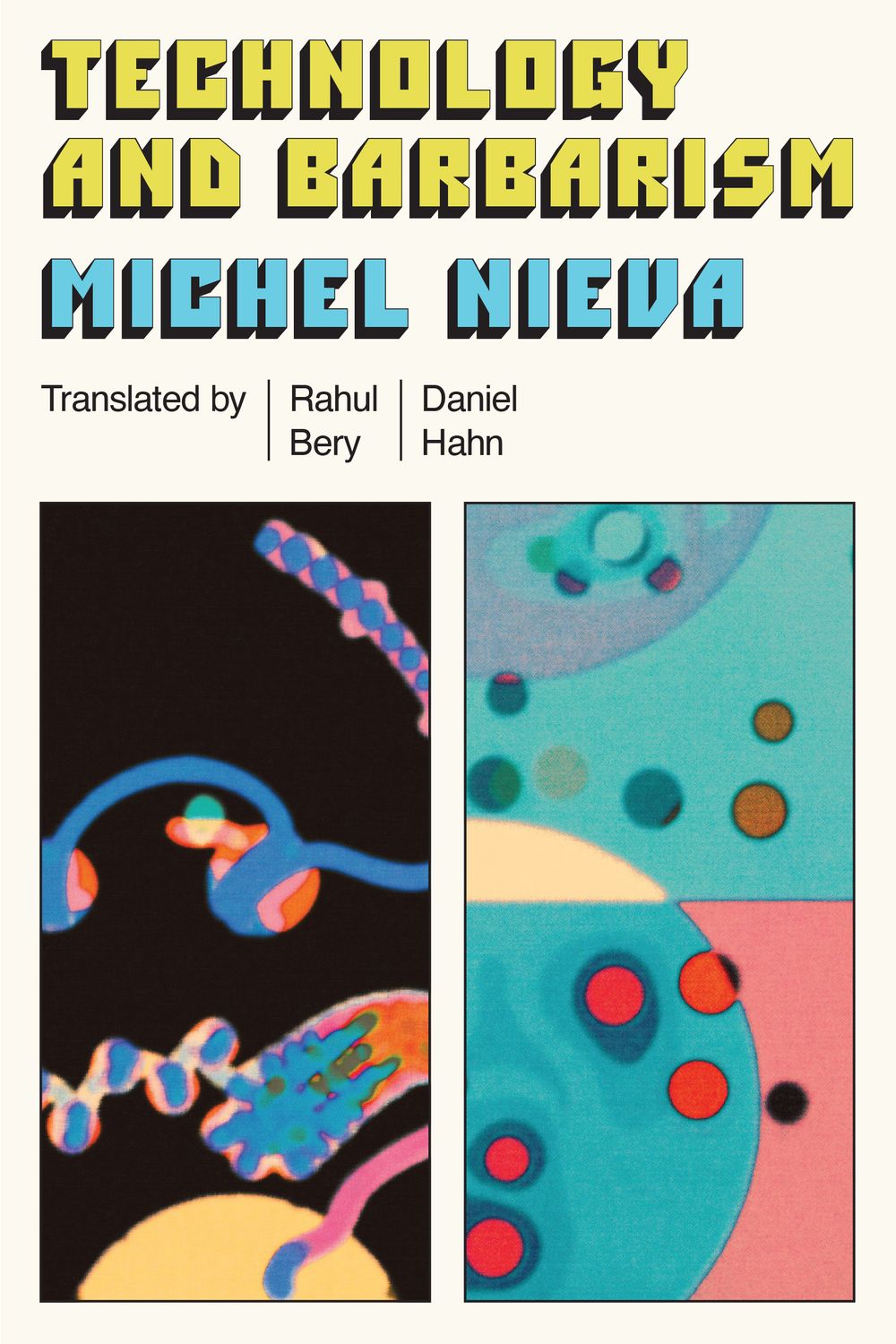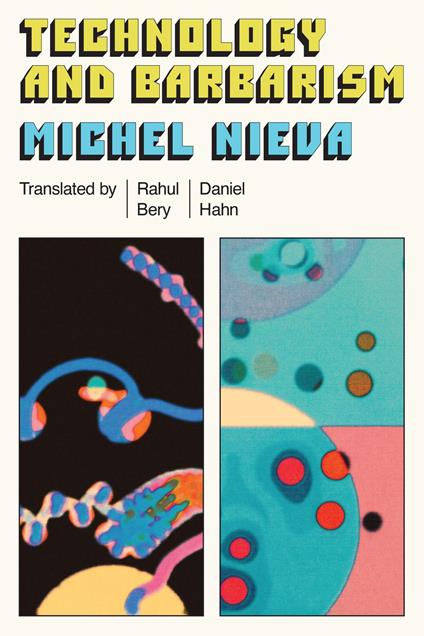Technology and Barbarism
Thought-provoking pieces of nonfiction exploring the crossroads of technology with art and science, as well as how hard science fiction has inspired the craziest ideas of our times, for the good and the bad. The nonfiction pieces included in Technology and Barbarism, as well as the long essay "Capitalist Science Fiction," constitute the nonfiction alternative to Nieva’s Dengue Boy and has similar potential to achieve cult-status. Equally fast and furious, grounded in deep research as well as far-reaching literary traditions, Nieva writes about the crossroads between civilization and barbarism through history, literature, and the incidence of genetics in the arts and humanities. Could the inspiration for Kafka's stories have come from his visits to human zoos where he saw indigenous people kidnapped from Tierra del Fuego? Can an algorithm understand the verses of Rubén Darío? Can bacteria write literature? And can a monkey reproduce the complete works of Shakespeare? These are some of the questions that run through this collection of essays, which explores the almost always ambiguous threshold that technology and culture have drawn between what is understood as human and what is not, living and nonliving, and which is the seed of the biggest questions of this century. From nineteenth century science fiction to contemporary art exhibitions, via a philosophical take on COVID, this book examines the impact of capitalism, indigenous extermination, medical policies in Latin America and elsewhere, in order to interrogate our very identity. In "Capitalist Science Fiction," Nieva studies the influence of historical "hard" science fiction on technology and capitalism today, with a special focus on Silicon Valley, and a particular spin at the end on, of course, Elon Musk. The essay is totally timely and super smart.
-
Autore:
-
Traduttore:
-
Anno edizione:2026
-
Editore:
-
Testo in en
Formato:
Gli eBook venduti da Feltrinelli.it sono in formato ePub e possono essere protetti da Adobe DRM. In caso di download di un file protetto da DRM si otterrà un file in formato .acs, (Adobe Content Server Message), che dovrà essere aperto tramite Adobe Digital Editions e autorizzato tramite un account Adobe, prima di poter essere letto su pc o trasferito su dispositivi compatibili.
Cloud:
Gli eBook venduti da Feltrinelli.it sono sincronizzati automaticamente su tutti i client di lettura Kobo successivamente all’acquisto. Grazie al Cloud Kobo i progressi di lettura, le note, le evidenziazioni vengono salvati e sincronizzati automaticamente su tutti i dispositivi e le APP di lettura Kobo utilizzati per la lettura.
Clicca qui per sapere come scaricare gli ebook utilizzando un pc con sistema operativo Windows



